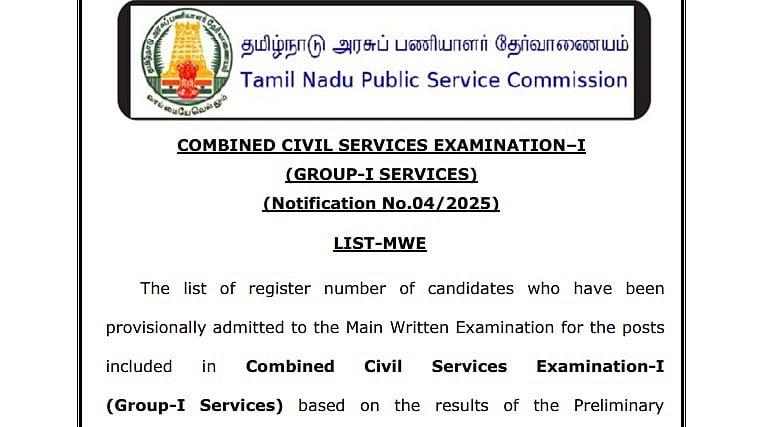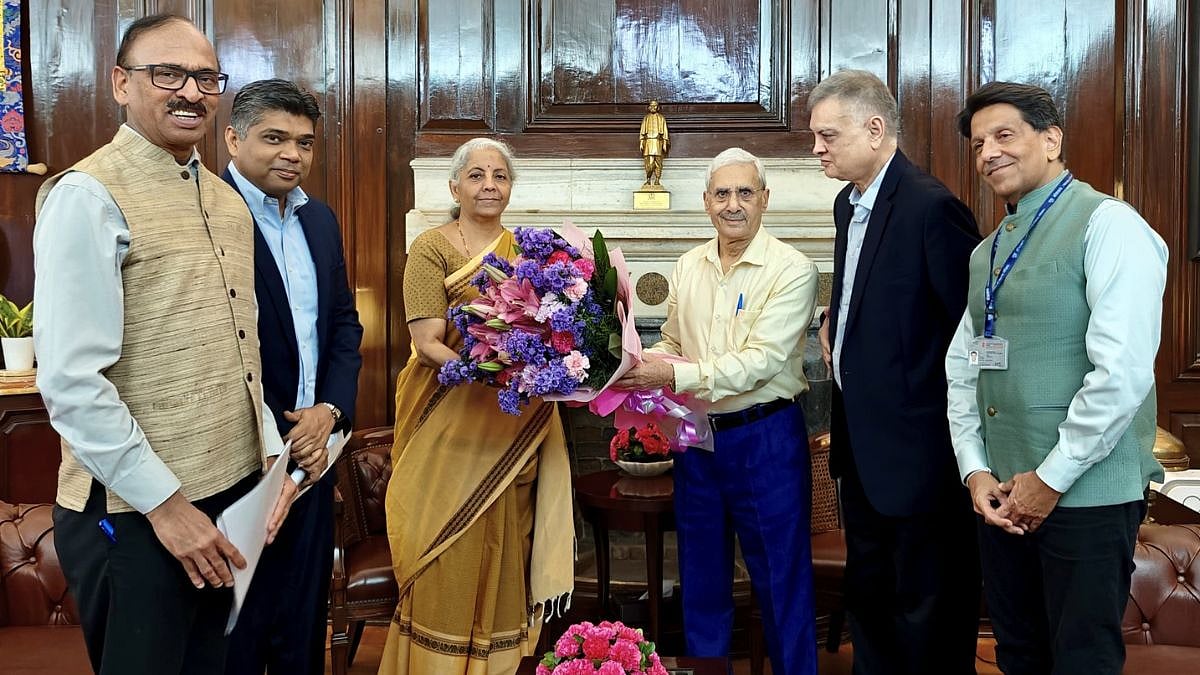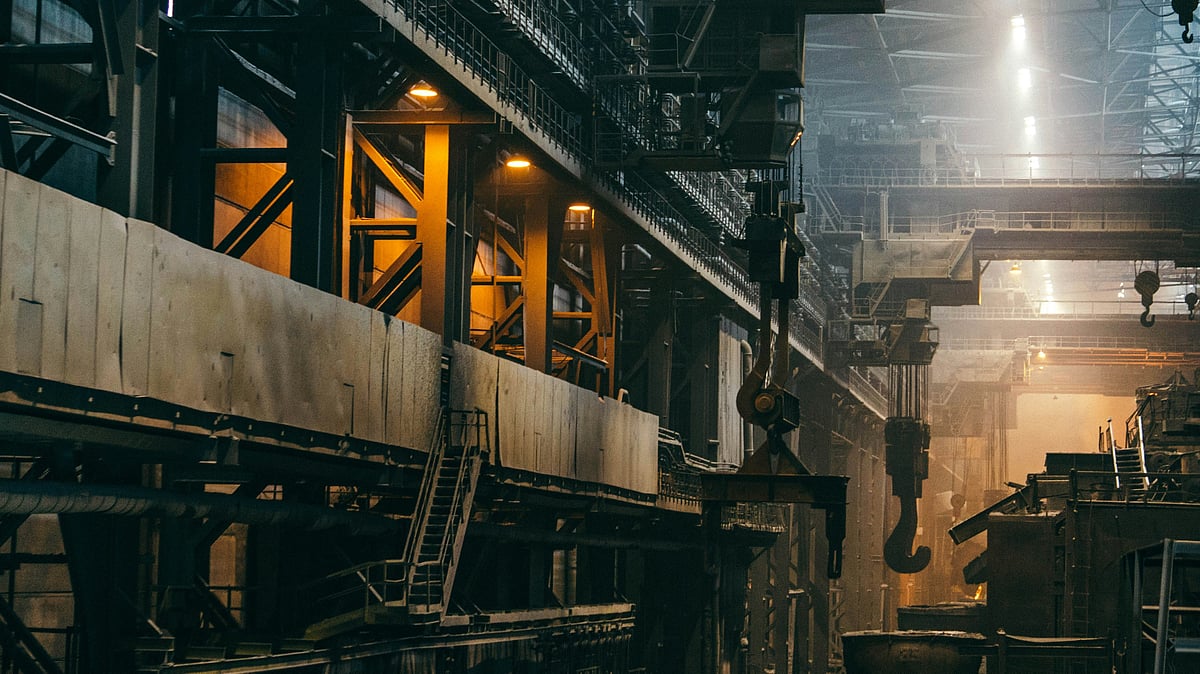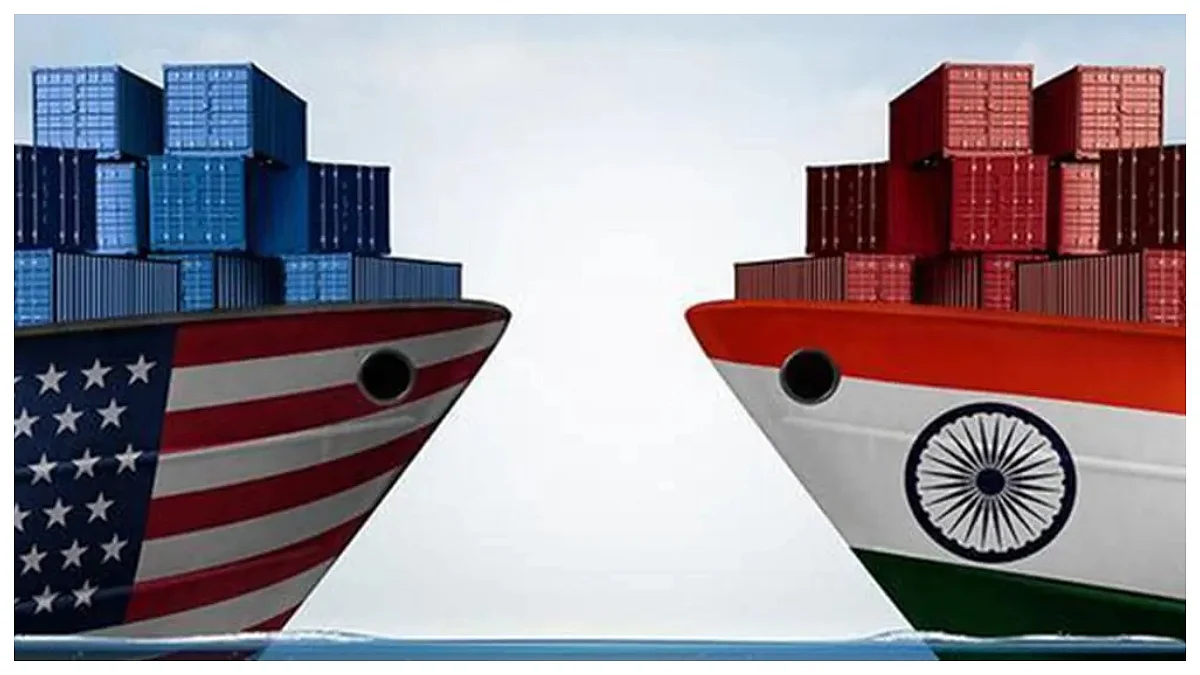On Friday, the Tata group signed an outline agreement with the Gujarat government to establish a lithium-ion cell factory, investing approximately Rs 13,000 crore ($1.6 billion). This move aligns with India's aim to develop its own electric vehicle (EV) supply chain.
The memorandum of understanding (MoU) was signed by Vijay Nehra, Secretary of Science and Technology, Government of Gujarat, and Rakesh Ranjan, CEO of Agratas Energy. The establishment of the plant aims to reduce Gujarat's dependence on China and Korea, which are currently the major suppliers of battery cells to India.
The establishment of the factory aligns with the state's ambitious targets of achieving 50% carbon emission-free energy and 100% electric vehicle (EV) adoption by 2030.
In April, Jaguar Land Rover (JLR), a subsidiary of Tata Motors, unveiled its electrification plan. JLR disclosed it would invest £15 billion (approximately $19 billion) over the next five years, with a focus on transforming itself into an electric-first and modern carmaker. As part of this strategy, JLR's Wolverhampton plant in the UK, known for known for producing Ignenium internal combustion engines for their vehicles, will produce electric drive units and battery packs for their next-generation of vehicles.











